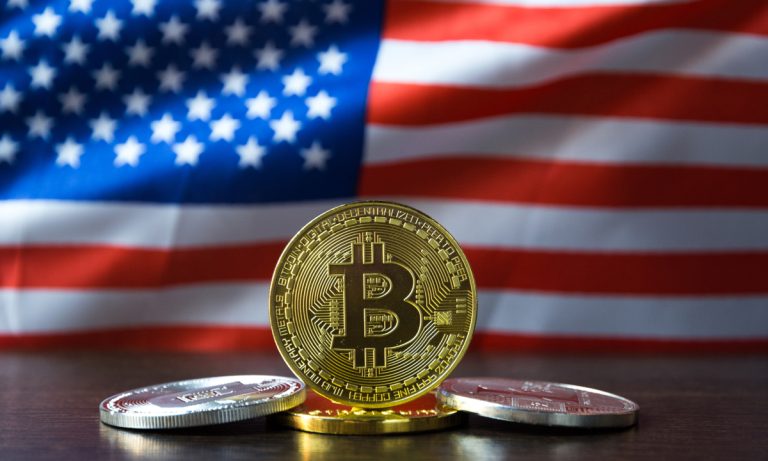Why the US crypto industry is failing due to lobbying

Since a lawsuit against Coinbase in June, the US crypto industry has increased its political commitment to reverse the current critical development. This is supposed to be achieved through lobbying, but the attempt is likely to fail, according to several experts. Why is that?
Why the US crypto industry is failing due to lobbying
According to a report by Reuters, the US crypto industry is increasingly fighting for friendly legislation, but the planned lobbying is failing. The US is currently at the center of regulatory conflicts with the crypto industry.
In order to ensure the continued existence of the industry and make room for innovation, business associations related to crypto and blockchain are increasingly seeking contact with members of the US Congress.
According to Reuters, the crypto companies’ efforts are failing due to two factors: the US budget and the commitment of the US Senate, which wants to take further measures against crypto to combat alleged money laundering.
“Dozens of executives from crypto-related companies met with lawmakers and their staff on Wednesday as part of an advocacy campaign organized by Coinbase , the largest U.S. crypto exchange, and the nonprofit it founded, Stand With Crypto ,” writes Reuters.
The news magazine does not consider the attempt to exert political influence to be particularly successful. As part of the financial sector, the capital should have been available for a long time to give the demands the necessary financial emphasis, one would think.
However, Reuters suspects that other laws will take precedence in the foreseeable future and that the US crypto industry will remain at the mercy of the SEC for the time being. Standing in the way would be the Farm Bill – a law that deals with agriculture – and the National Defense Authorization Act (NDAA) , which sets the budget for the Department of Defense.
That’s why crypto companies are only now getting involved
One might ask why crypto companies in the USA only now decided to become more involved in political processes. Reuters reports “exploding lobbying following an SEC lawsuit against Coinbase,” which the agency filed in June.
Coinbase was previously considered a company that had close contacts with authorities. The conflicts were correspondingly minimal. The SEC’s lawsuit came as a surprise. This fact may provide a clue as to why lobbying is only now getting underway. Until then, it was simply not considered necessary.
“There are a huge number of competing areas, so we need to keep pounding the table ,” said Katherine Dowling, a senior executive at asset manager Bitwise. Concerned about drastic measures against the crypto industry, people are now feeling time pressure.
In 2022, the crypto industry in the US invested $21.6 million in lobbying. In the first half of 2023 the amount will already be $13 million. With 1.4 million, Coinbase is the largest donor.
Stay tuned for daily cryptocurrency news!
Brian Armstrong, managing director of Coinbase and a manager of the NFT marketplace OpenSea, emerged as spokesman in Congress.
“Everyone wants to make sure that what they do is not wiped out by the government ,” said Coinbase’s Kara Calvert, justifying the commitment. The US crypto exchange launched a media campaign this month aimed at encouraging crypto users to put pressure on politicians to steer legislation in the right direction.
Why crypto-friendly legislation is likely to fail
Critics are not convinced by these activities. They point to the currently prevailing positions in the Senate. The upper house of the US Parliament only passed a version of the NDAA in July that increasingly aims to do away with anonymous crypto transactions.
“The last thing we need is for the crypto industry to write its own rule book – too many Ohioans have been harmed by fraud and fraud,” Democratic Rep. Sherrod Brown told Reuters.
Brown, who chairs the Senate Banking Committee, is not very interested in the industry’s efforts and does not recognize the plight. That’s why lobbying is doomed to fail, believes expert Ian Katz.



